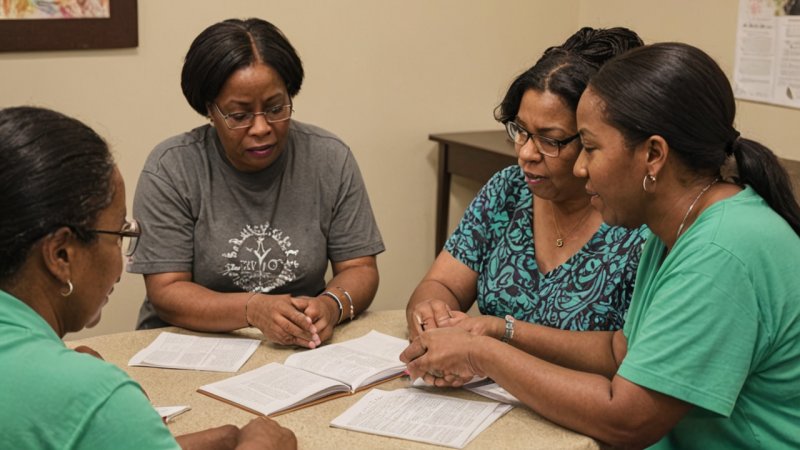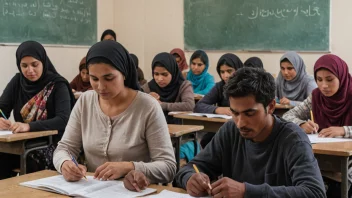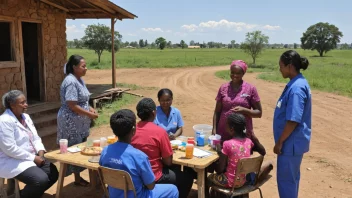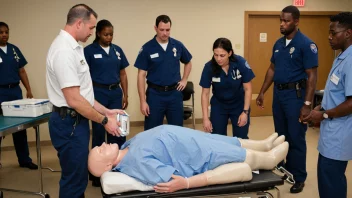Religious organizations have long played a vital role in fostering community development across the globe. Through their extensive networks and dedicated volunteers, these organizations address various societal issues, from poverty alleviation to education and healthcare. This article explores the multifaceted contributions of religious groups to community development and highlights how individuals can engage with these initiatives to make a tangible difference.
One of the primary ways religious organizations contribute to community development is through their commitment to social justice. Many faith-based groups are driven by a moral obligation to support the underprivileged, particularly in regions where government assistance is lacking. They often provide essential services, such as food banks, shelters, and medical clinics, which serve as lifelines for those in need. For instance, churches and mosques frequently organize community meal programs that not only nourish individuals but also foster a sense of belonging and solidarity among community members.
Education is another critical area where religious organizations make a significant impact. Many faith-based groups run schools, literacy programs, and vocational training workshops aimed at empowering individuals through education. These initiatives are especially crucial in underserved communities where access to quality education is limited. By providing educational resources and mentoring, religious organizations help break the cycle of poverty and equip individuals with the skills necessary for sustainable livelihoods.
Moreover, religious organizations often promote health and wellbeing through various initiatives. They may offer mental health support, addiction recovery programs, and health fairs that provide free screenings and health education. These programs not only address immediate health concerns but also foster a holistic approach to wellbeing that encompasses spiritual, emotional, and physical health. For example, many faith communities host prayer groups and support circles that provide spiritual guidance and emotional support to individuals facing personal challenges.
Environmental stewardship is another area where religious organizations are increasingly active. Many faith-based groups have recognized the importance of caring for the planet as a moral imperative. They engage in community clean-up efforts, tree-planting initiatives, and sustainability education programs that encourage environmentally friendly practices. By mobilizing their congregations around environmental issues, these organizations help raise awareness and inspire collective action for the planet’s future.
Individuals looking to get involved with religious organizations in their community can start by volunteering their time and skills. Many churches, synagogues, mosques, and temples welcome volunteers for various programs and initiatives. Whether it's serving meals at a soup kitchen, tutoring students, or participating in environmental clean-up events, there are countless opportunities to make a positive impact.
Additionally, individuals can support the efforts of religious organizations by spreading awareness about their initiatives. Sharing information about community programs on social media, inviting friends to participate in events, or organizing discussions on important issues can amplify the reach of these organizations and inspire others to get involved.
In conclusion, religious organizations are indispensable pillars of community development. Through their unwavering commitment to social justice, education, health, and environmental stewardship, they create a profound impact on the lives of individuals and the overall well-being of communities. By engaging in these initiatives, individuals can play an active role in fostering positive change and promoting a more just and compassionate society.
Empowering Communities Through Faith-Based Initiatives
Discover how religious organizations empower communities through various initiatives focused on social justice, education, health, and environmental stewardship.






